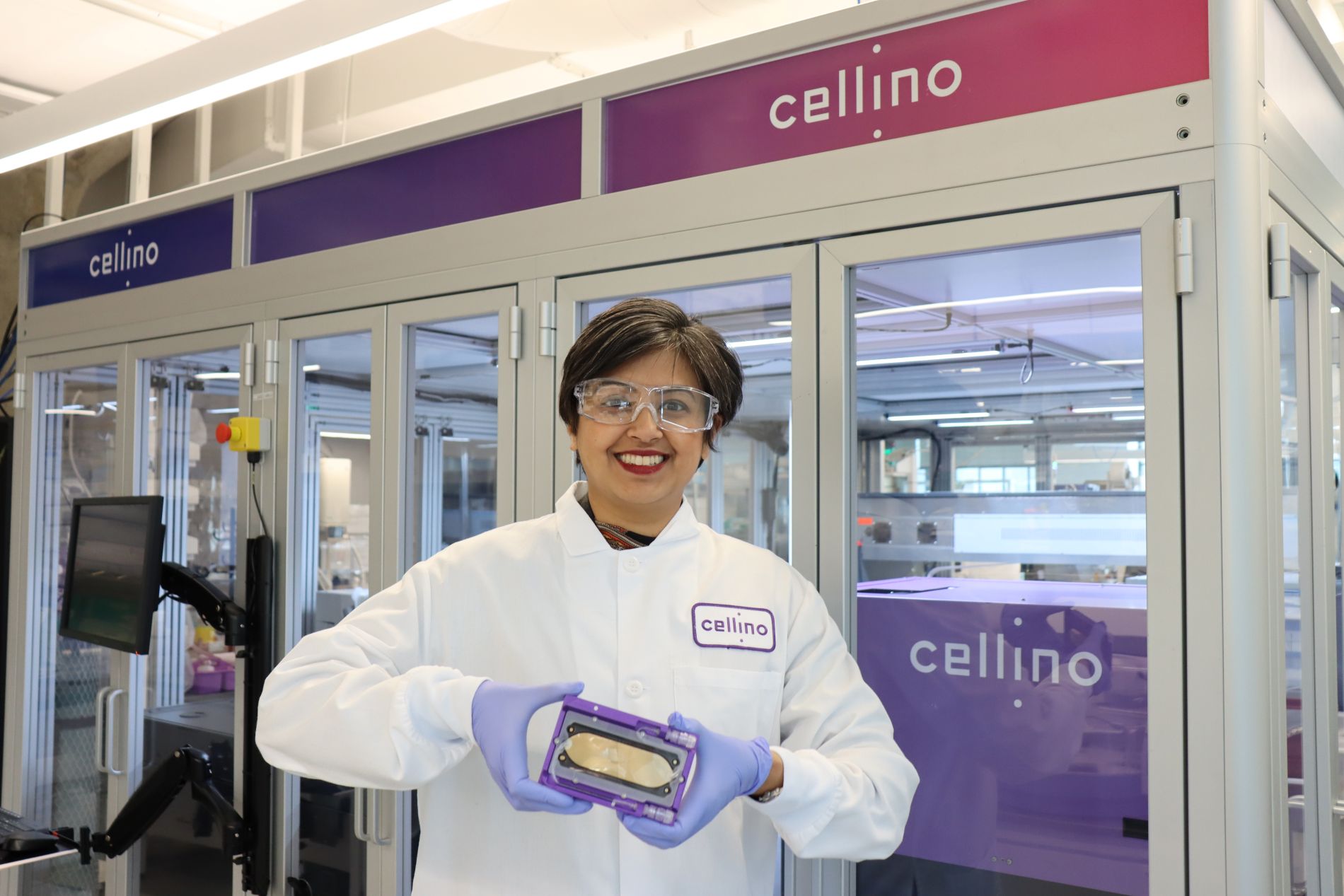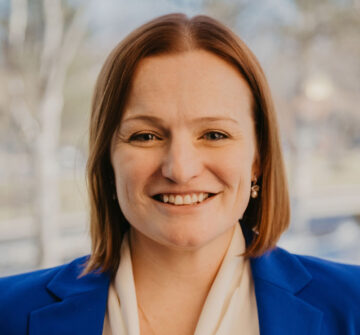Congratulations to our partners at Cellino, which recently announced a collaboration with Mass General Brigham’s Gene and Cell Therapy Institute (GCTI) to launch the world’s first hospital-based autologous induced pluripotent stem cell (iPSC) Foundry. Powered by Cellino’s AI-driven Nebula technology, this initiative sets the stage for a nationwide network of decentralized biomanufacturing hubs designed to deliver personalized cell and tissue therapies directly at the point of care.
“Massachusetts remains the best state for unique partnerships to accelerate breakthroughs, create jobs, and change patients’ lives on a global scale,” said Massachusetts Economic Development Secretary Yvonne Hao, who serves as the Board Co-Chair of the Massachusetts Life Sciences Center. “We are so incredibly proud to have two leaders in industry and healthcare collaborate on next generation biomanufacturing. Today’s announcement exemplifies the projects we must continue to champion in the next chapter of the Commonwealth’s Life Sciences Initiative.”
At the heart of this initiative is the innovative Foundry—a fully integrated, on-site facility that manufactures high-quality, patient-specific stem cells. Located at Massachusetts General Hospital, the Foundry will leverage the Nebula platform to produce clinical-grade iPSCs and derivative therapies with unmatched precision and scalability for clinical-grade manufacturing. Nebula is a closed cassette advanced biomanufacturing system that is autonomous and deployable at the point of care, ensuring robust, reproducible, and contamination-free production.
The Foundry’s first clinical application focuses on a novel Parkinson’s therapy using patient-specific iPSCs. Neurosurgeon Jeffrey Schweitzer, M.D., Ph.D., the George A. Lopez, MD Endowed Chair in Neurosurgery, is leading a Phase 1 trial at Mass General Brigham. “Using a patient’s own cells as a starting point has clear advantages such as minimizing rejection risks, but making personalized cell therapy available to the millions who need it is a daunting task,” Dr. Schweitzer noted. “This collaboration represents a step toward reaching that goal.”



